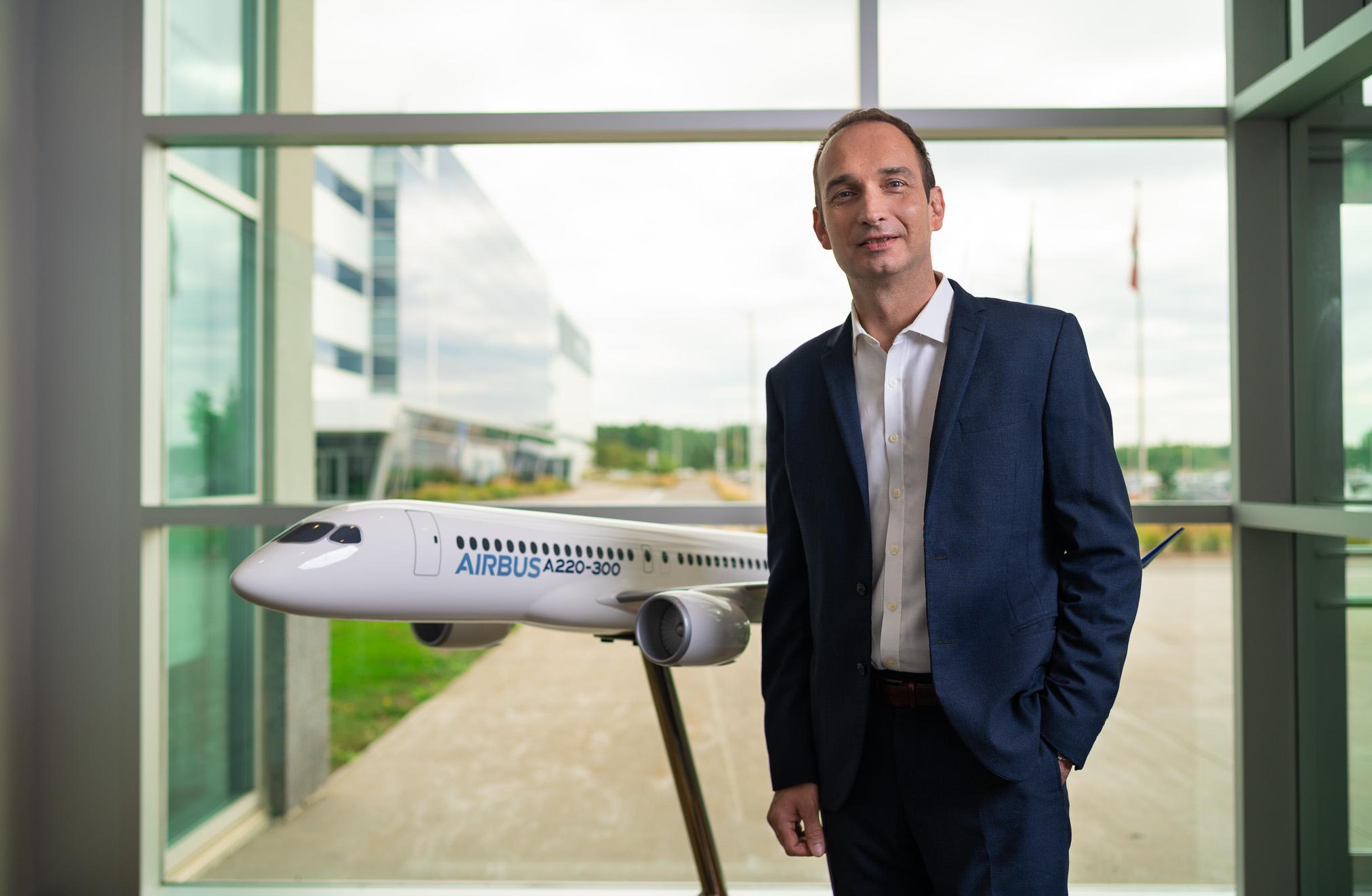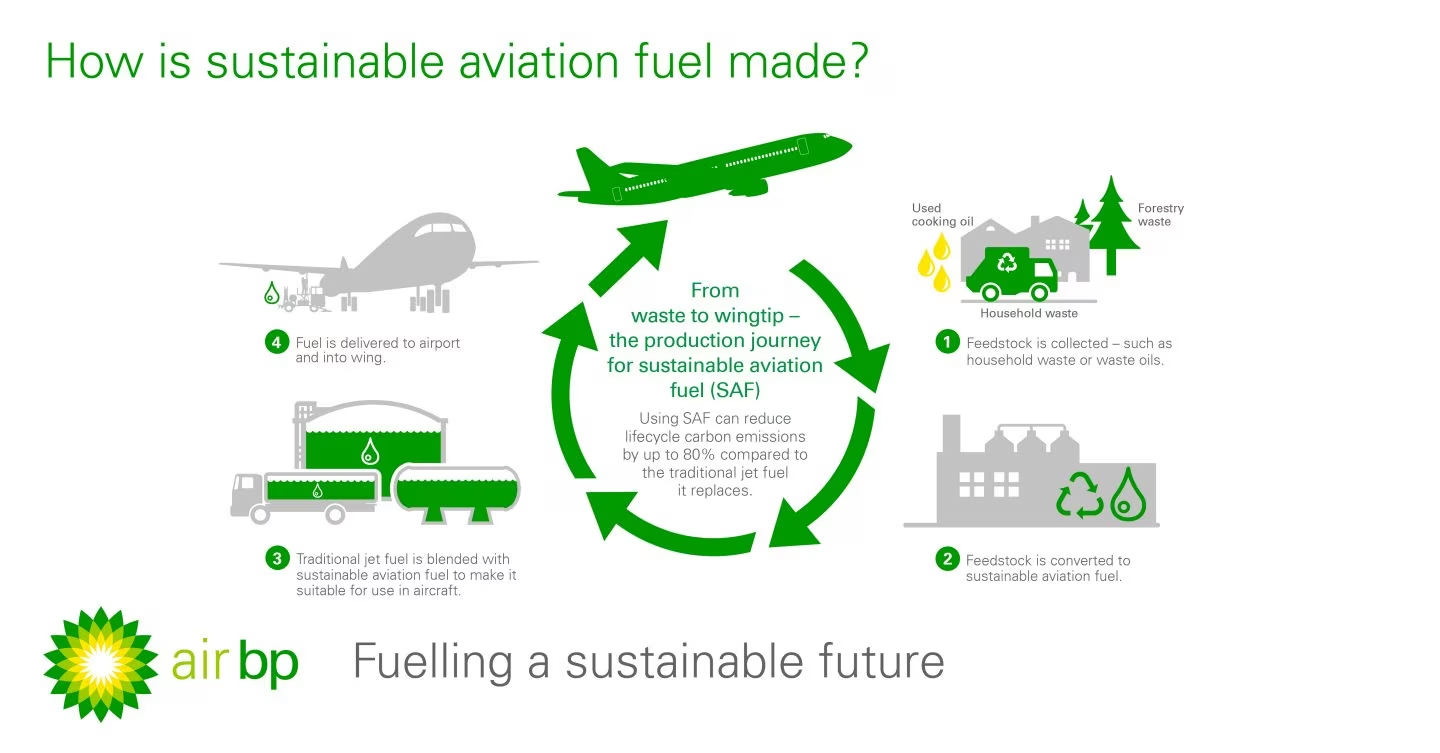
“In a country like Canada, with the natural resources that it has, with the competences in the industry that it has, with the many players of the industry…it would be really bizarre in my view if we couldn’t make sense out of the sustainable aviation fuel [SAF] road map.” This, according to Airbus Canada CEO Benoît Schultz.
Schultz cited Canada’s history of resource development, renewable energy, agriculture and aircraft manufacturing during a recent meeting in Toronto, according to a Canadian Press report, and notes that Canada has yet to produce any SAF, compared to both the U.S., where there are incentives for its production, and the European Union, where its phase-in is mandated by 2050, when 70 percent of the E.U.’s jet fuel must be SAF.
According to Schultz, new Airbus planes can operate on 50 percent SAF, which is typically produced with used cooking oils, animal fats or other organic wastes. He said that Airbus’s goal is to be 100-percent SAF-compatible by 2030.
“It’s not a major deal, technically speaking,” said Schultz. “The real challenge is producing sustainable aviation fuel in volume.”

Currently only about one percent of the global demand for jet fuel is SAF, which costs about four times as much as conventional jet fuel.
